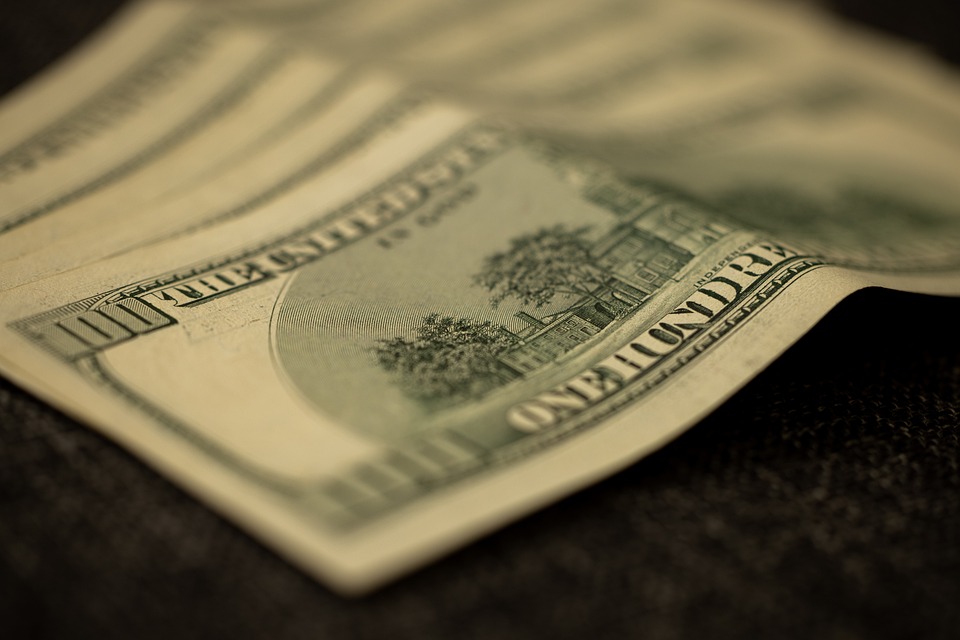Debt can be a heavy burden that weighs you down financially and emotionally. Whether you have credit card debt, student loans, medical bills, or a mortgage, paying off debt is essential for achieving a financially stable future. If you are looking to become debt-free, here are some effective strategies to help you reach your goal.
1. Create a budget:
The first step in paying off debt is to create a budget that outlines your income and expenses. This will help you identify where your money is going and where you can cut back on unnecessary expenses. Allocate a portion of your income to debt repayment and stick to your budget to ensure that you are making progress towards becoming debt-free.
2. Prioritize high-interest debt:
If you have multiple debts, it’s important to prioritize paying off high-interest debt first. High-interest debt, such as credit card debt, can quickly accumulate and can be difficult to repay if you only make the minimum payments. By focusing on paying off high-interest debt first, you can save money on interest and accelerate your journey towards becoming debt-free.
3. Use the debt snowball or debt avalanche method:
Two popular strategies for paying off debt are the debt snowball and debt avalanche methods. The debt snowball method involves paying off your smallest debt first while making minimum payments on all other debts. Once the smallest debt is paid off, you move on to the next smallest debt, and so on. The debt avalanche method, on the other hand, involves paying off the debt with the highest interest rate first, while making minimum payments on all other debts. Whichever method you choose, the key is to stay consistent and focused on your goal of becoming debt-free.
4. Increase your income:
Another strategy for paying off debt is to increase your income. This can be achieved through a variety of ways, such as taking on a part-time job, freelancing, selling items you no longer need, or asking for a raise at work. By increasing your income, you can allocate more money towards debt repayment and speed up the process of becoming debt-free.
5. Seek help from a credit counselor or debt relief program:
If you are struggling to pay off debt on your own, seeking help from a credit counselor or a debt relief program may be a good option. A credit counselor can help you create a debt repayment plan and provide guidance on managing your finances. Debt relief programs, such as debt consolidation or settlement, can help you negotiate with creditors to lower your debt and make repayment more manageable.
6. Stay motivated and celebrate milestones:
Paying off debt can be a long and challenging process, so it’s important to stay motivated and celebrate milestones along the way. Set small goals for yourself and reward yourself when you achieve them. Whether it’s treating yourself to a nice meal or taking a weekend trip, celebrating your progress can help keep you motivated and focused on your goal of becoming debt-free.
Becoming debt-free is a worthwhile goal that can provide you with financial freedom and peace of mind. By implementing these strategies and staying committed to your goal, you can pave the way towards a debt-free future and a brighter financial future.




